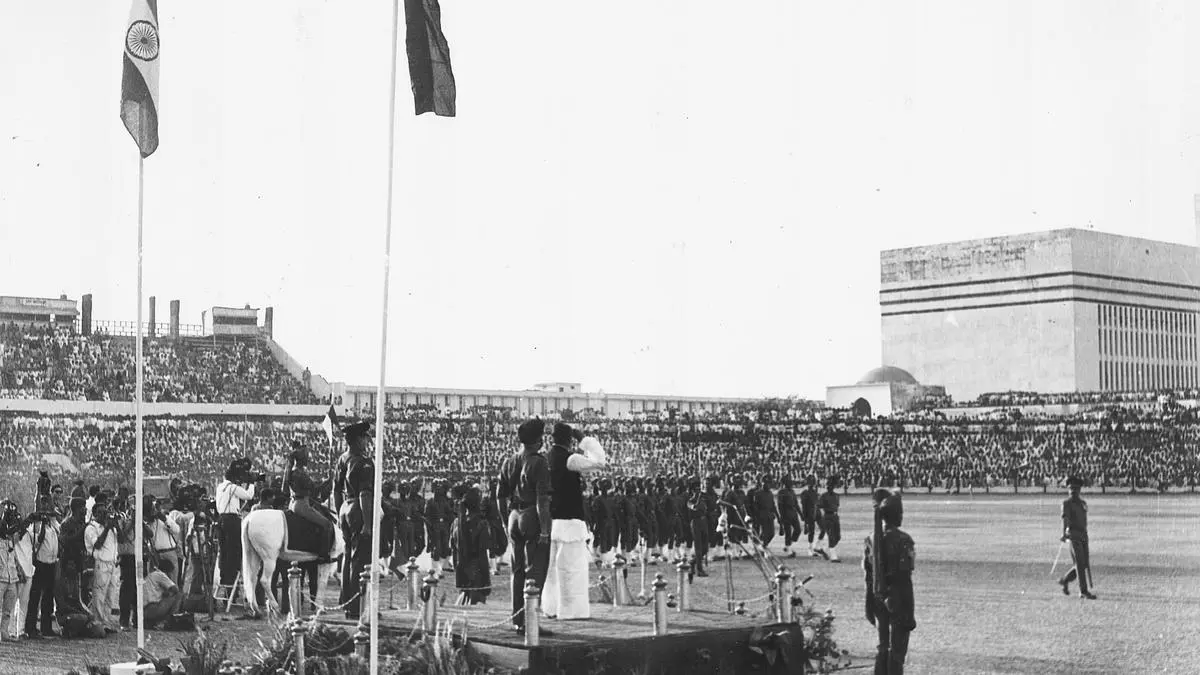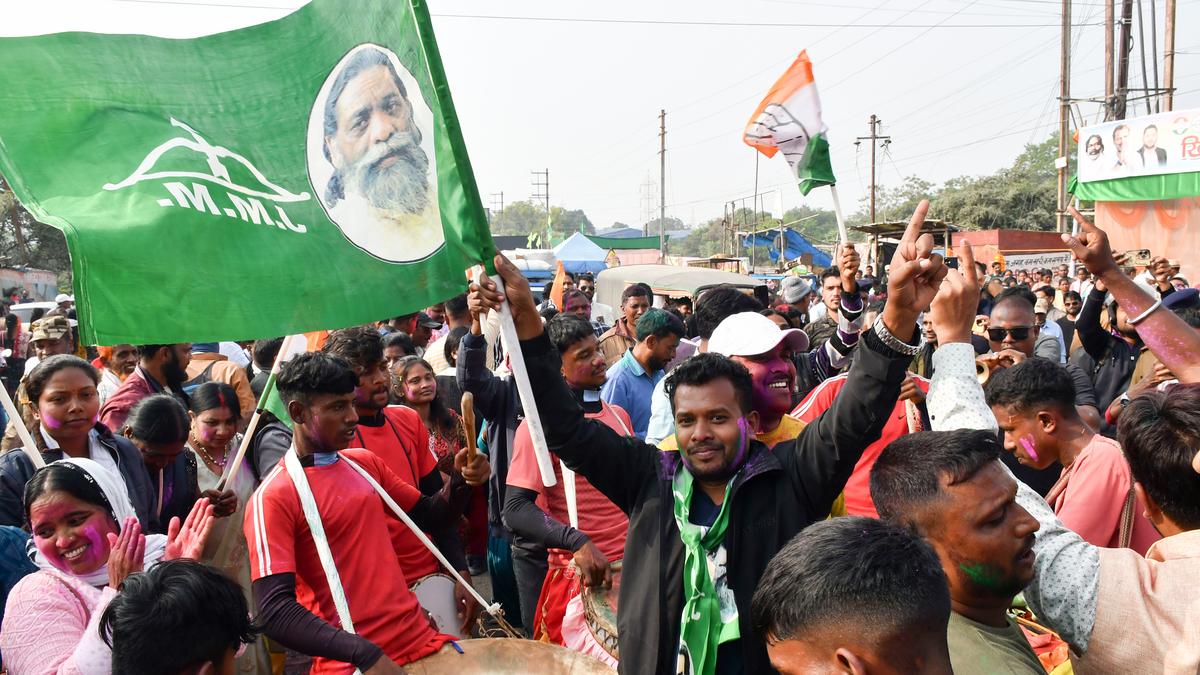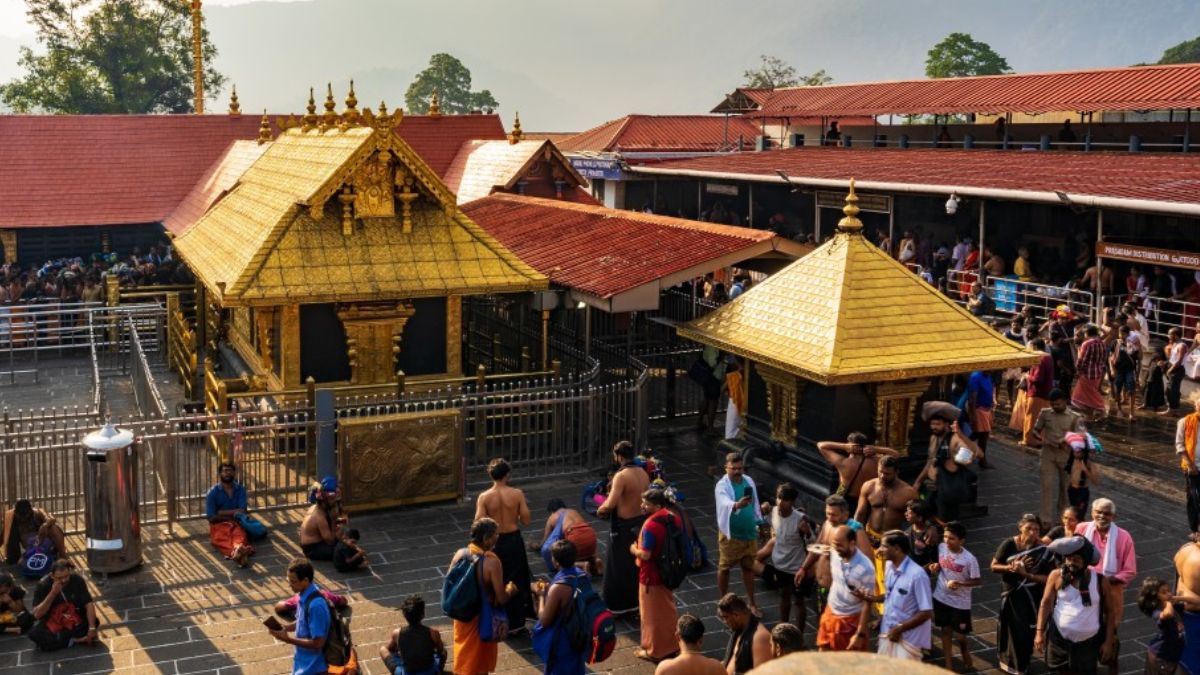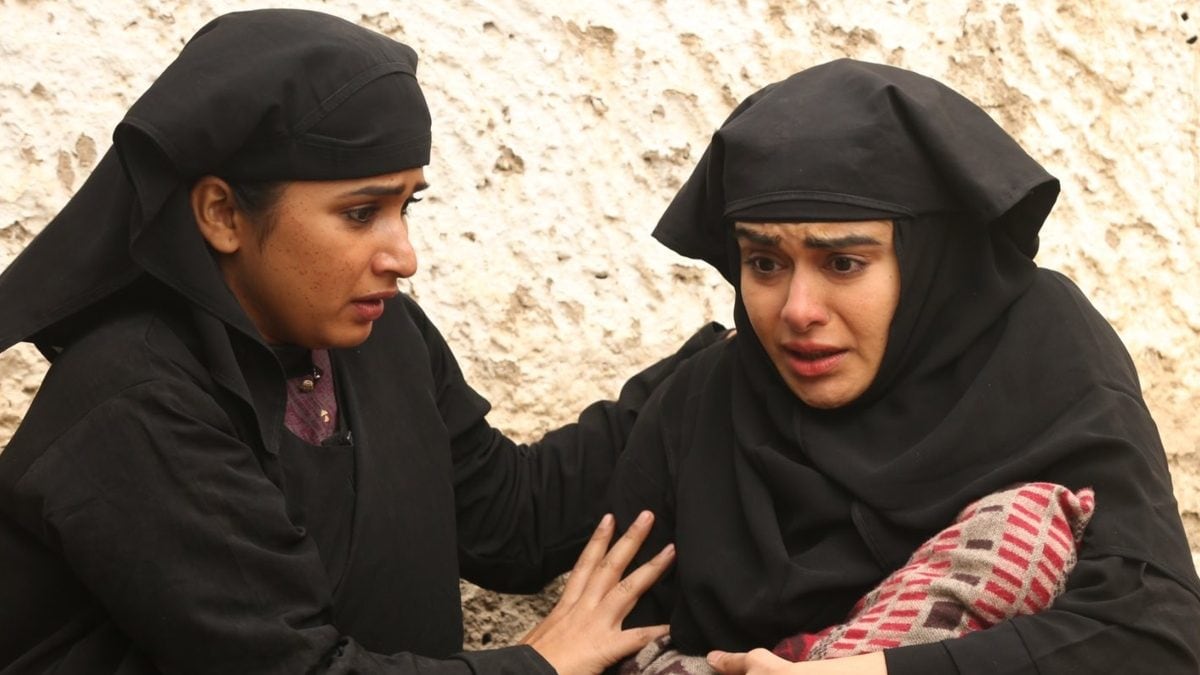
If ‘The Kerala Story’ Was a Work of Pure ‘Fiction’, Liberal-Secular-Islamists Won’t Have Felt So Insecure - News18
News 18It is said that 2014 was a landmark year in Indian politics because it ushered in a movement that eventually caused a decisive shift in the ‘Overton window’. According to her, the “main elements of the strategy” include the reduction of women “to the status of reproductive machines for the purpose of demographic transformation”, taking “advantage of the focus on ‘inclusion’ by progressive political parties in democratic societies, then to force these parties to accept Islamist demands in the name of peaceful coexistence.” The Kerala Story also tackles the societal consequences of such a disruptive movement and its incompatibility with modern, democratic societies. In 2010, former Chief Minister of Kerala, Communist leader VS Achutanandan had accused the now-banned PFI outfit of planning to “Islamise Kerala in 20 years using money and marriages.” In 2021, then Chief Minister of Kerala, Oommen Chandy, in a written statement to the state legislature said a total number of 7713 persons were converted to Islam during 2006-2012, and the Global Council of Indian Christians had called “love jihad in Kerala a part of global Islamisation project.” We have already seen in Ayaan Hirsi Ali’s book that one of the main elements of the ‘dawa’ strategy is “to reduce women to the status of reproductive machines for the purpose of demographic transformation.” In his 2018 paper ‘How Islam Spread Throughout the World’, published in Yaqeen Institute, Hassam Munir writes, “Intermarriage between Muslims and non-Muslims has been historically important for the spread of Islam in many contexts. Though the motley crew of Left-liberals and their Islamist allies get triggered by the term, ‘love jihad’ acquired judicial sanction far back in 2009 when the Kerala high court “found indications of ‘forceful’ religious conversions under the garb of ‘love’ in the state, and asked the government to consider enacting a law to prohibit such ‘deceptive’ acts.” As The Economic Times had reported in 2009, Justice Sankaran concluded that there were indications of ‘forceful religious conversions’, and “quoting statistics, the court said during the last four years 3,000-4,000 religious conversions had taken place after love affairs” backed by a sinister plan “to ‘trap’ brilliant upper caste Hindu and Christian girls from well-to-do families.” The charges of ‘love jihad’ since then have been levelled more by the Christian organisations and churches. In 2020, the Synod of Syro Malabar church in Kerala claimed that Christian girls are being killed in the name of ‘Love Jihad’, and stated that “over half of the 21 women who joined Islamic State hailed from the Christian community.” A year later in 2021, the head of a Catholic diocese in Kerala, bishop Joseph Kallarangatt, accused a section of Muslim community of targeting Christians through “love jihad and narcotic jihad.” According to a report in The Hindu, the bishop pointed to a “sharp rise in cases of young Christian women being subjected to abuse or religious conversion after eloping with men from other community” and “warned that these ‘jihadists’ had already cast their nets over places including schools, colleges, training centres and even commercial centres”.
History of this topic
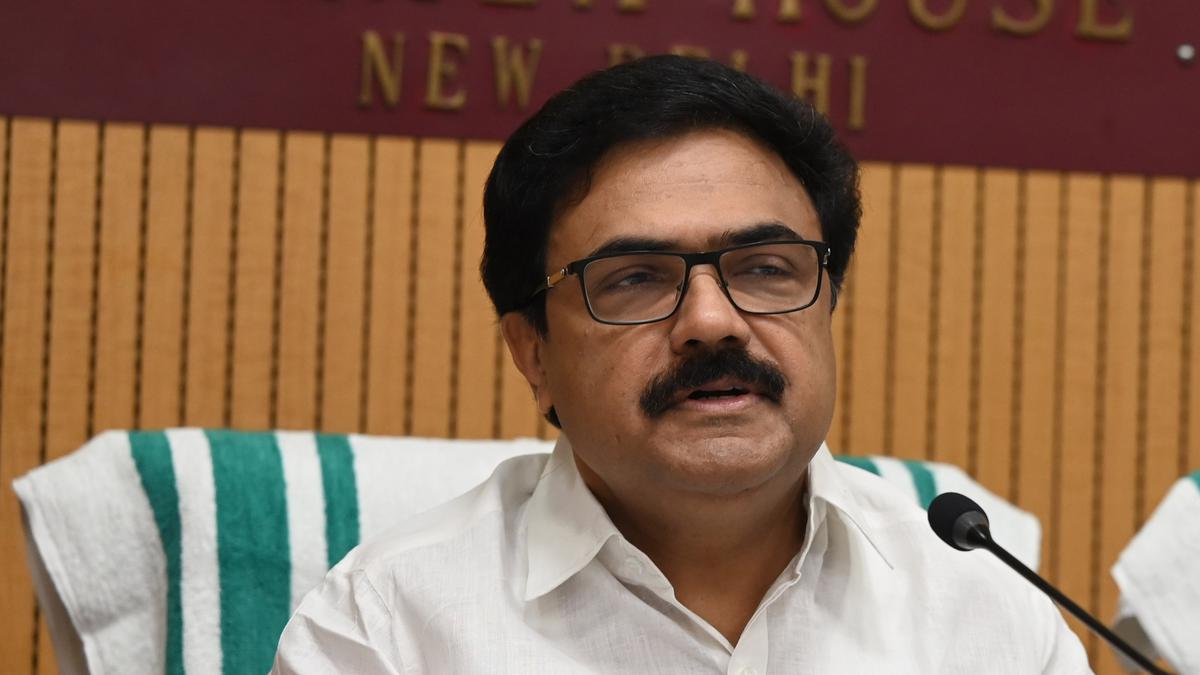
Jose K. Mani interview | ‘Primary focus of INDIA bloc is to articulate a narrative against BJP’
The Hindu
'Kerala story' screenings are ‘misguided propaganda:’ Intellectuals appeal for interfaith co-existence
New Indian Express
The Kerala Story criticised by religious leaders of the state during Eid sermons: ‘We should not become tools…’
Hindustan Times
Church retells ‘Kerala Story’; takes up ‘love jihad’ as topic for teen meeting
New Indian Express
'Love jihad', 'Kerala Story' under the spotlight in Gujarat ahead of the Lok Sabha elections
New Indian Express
‘Won’t forget Manipur’: Catholic mouthpiece slams BJP, Suresh Gopi
Hindustan Times
The role of the Church in Kerala’s politics
Hindustan TimesManipur violence | Catholic Church-BJP honeymoon ends in Kerala
The Hindu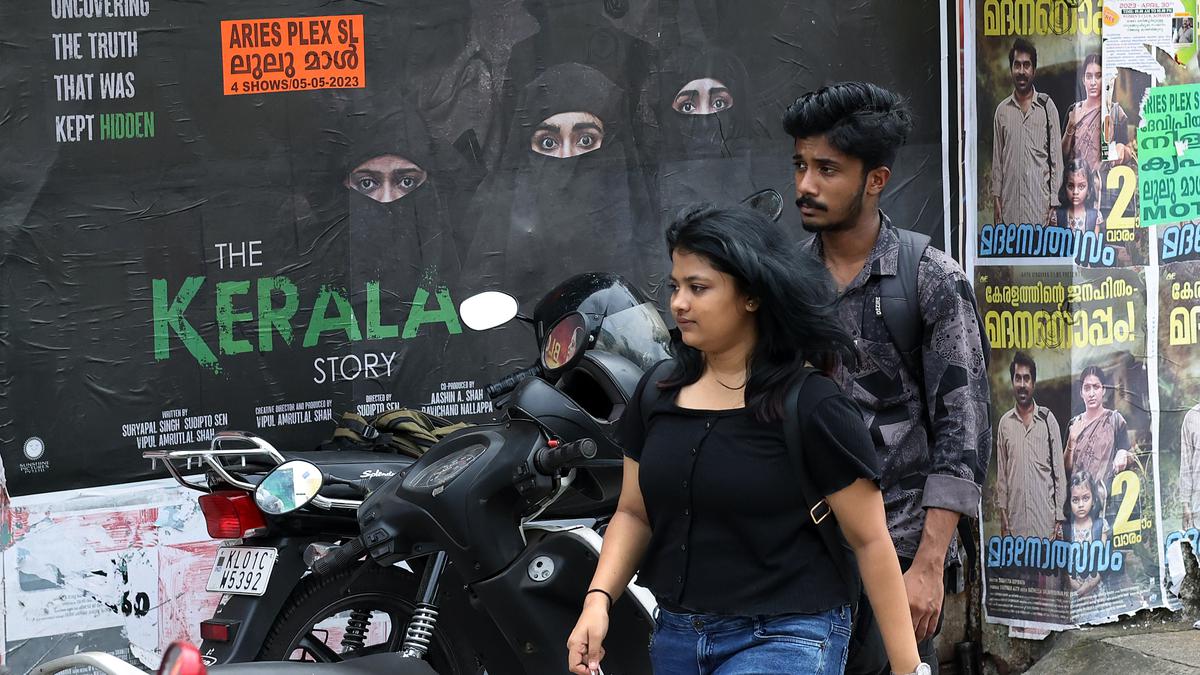
‘2018’: The real, heart-warming Kerala story and a monotone of hatred, falsities in contrast
The Hindu
Two Keralas exist inside Kerala, says 'Kerala Story' director Sudipto Sen
Deccan ChronicleCOUNTER CULTURE | ‘The Kerala Story’ is greedy in its impulse to demonise Muslims
The Hindu
Connections of Muslims from other states with 'The Kerala Story'
Op India
The Kerala Story actor Vijay Krishna: 'People from Kerala are messaging us that this is real'
Hindustan Times
5 Reasons For The Kerala Story Controversy
Deccan Chronicle
'The Kerala Story' also has a male version in real life: read details
Op India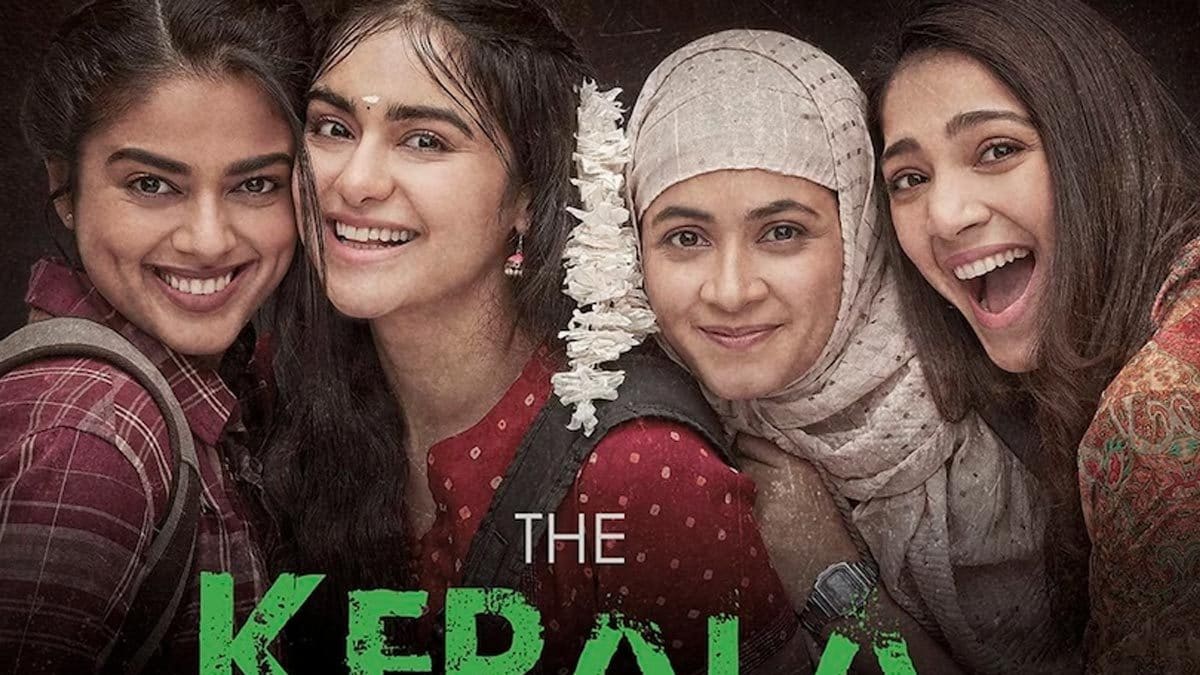
The Kerala Story: Dirty Secrets Tumble out of Left-‘Liberal’ Closet as India Discusses ‘Love Jihad’ - News18
News 18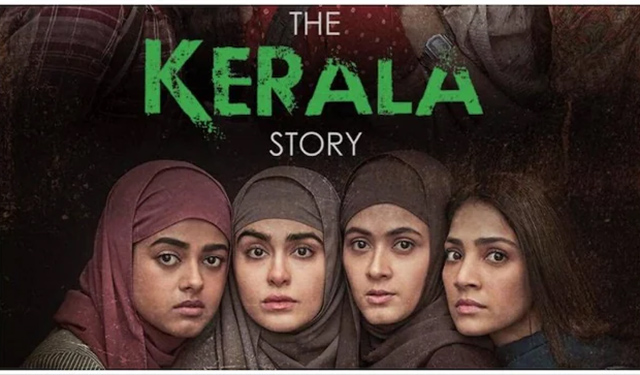)
Time for 'liberals' to wake up and smell 'The Kerala Story': Love jihad is real and not figment of Hindutva imagination
Firstpost
‘The Kerala Story’ is a ‘Work of Art’, Says Catholic Bishops Council Amid Row over Play on Nuns
News 18
DC Edit | Art or propaganda? Real Kerala story' is different
Deccan Chronicle
’The Kerala Story’ to be tax-free in Uttarakhand; CM Dhami says it depicts truth
Live Mint)
Despite ban in few states, The Kerala Story trumps The Kashmir Files at the box office - here's how
Firstpost
'What scares those': BJP's Khushbu after Kerala Story pulled down in Tamil Nadu
Hindustan Times\"New type of terrorism which is without ammunition...\": Nadda on 'The Kerala Story'
Deccan Chronicle
Nadda on ’The Kerala Story’: ’…Terrorism which is without ammunition...’
Live Mint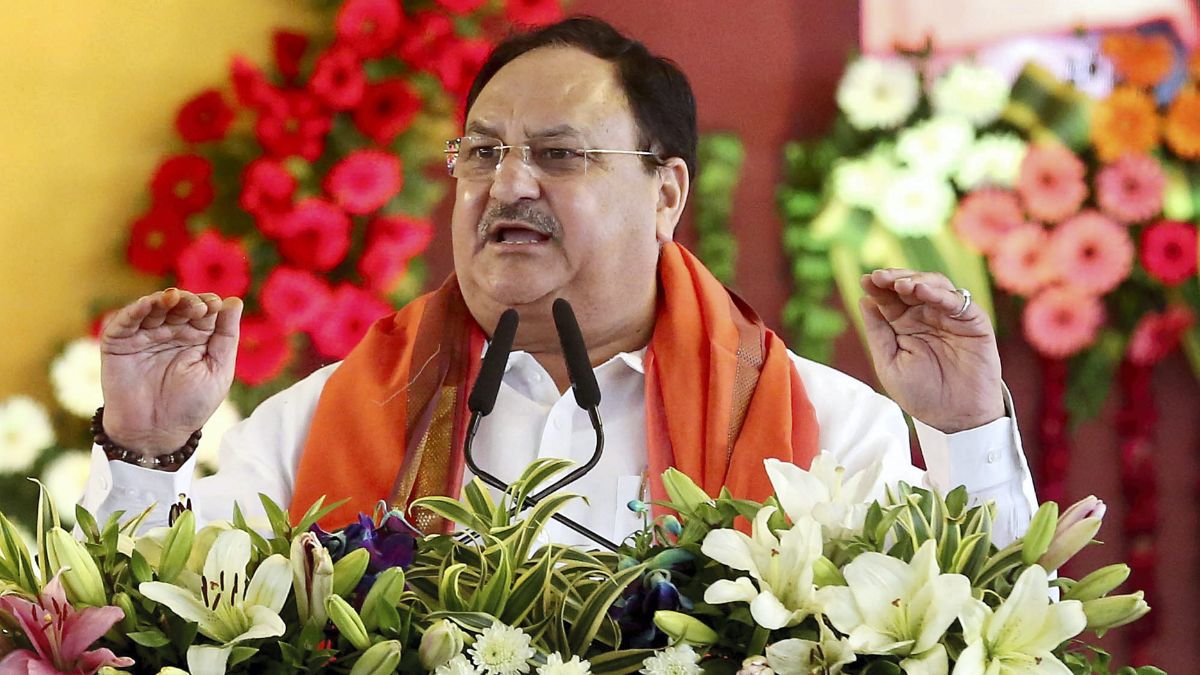
"New type of terrorism which is without ammunition...": BJP president JP Nadda on 'The Kerala Story'
India TV News
Rajasthan man assaulted for urging young women to watch 'The Kerala Story'
India Today
Why are they with organisations like ISIS? Union minister after Bengal govt bans 'The Kerala Story'
India Today
More than a story: on the film, The Kerala Story, and the demand that it be banned
The Hindu
PM Modi on ‘The Kerala Story’ controversy: ’Film shows ugly truth’
Live Mint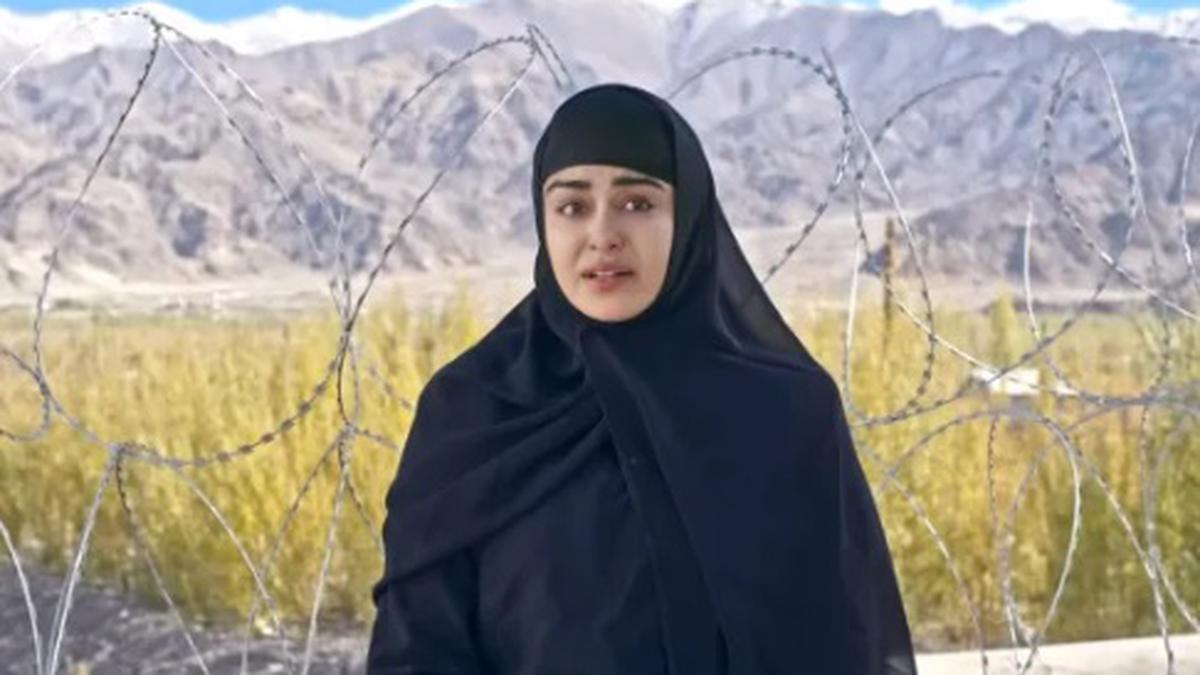
‘The Kerala Story’ movie review: Adah Sharma’s performance marred by half-truths and an emotionally exploitative gaze
The Hindu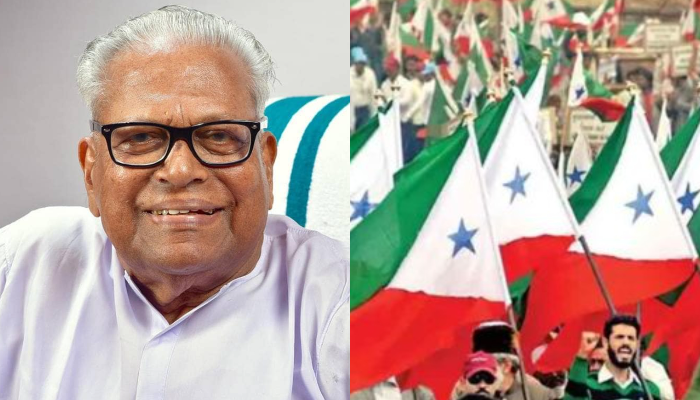
Video of former Kerala CM Achuthanandan warning about Islamist agenda in old interview goes viral
Op India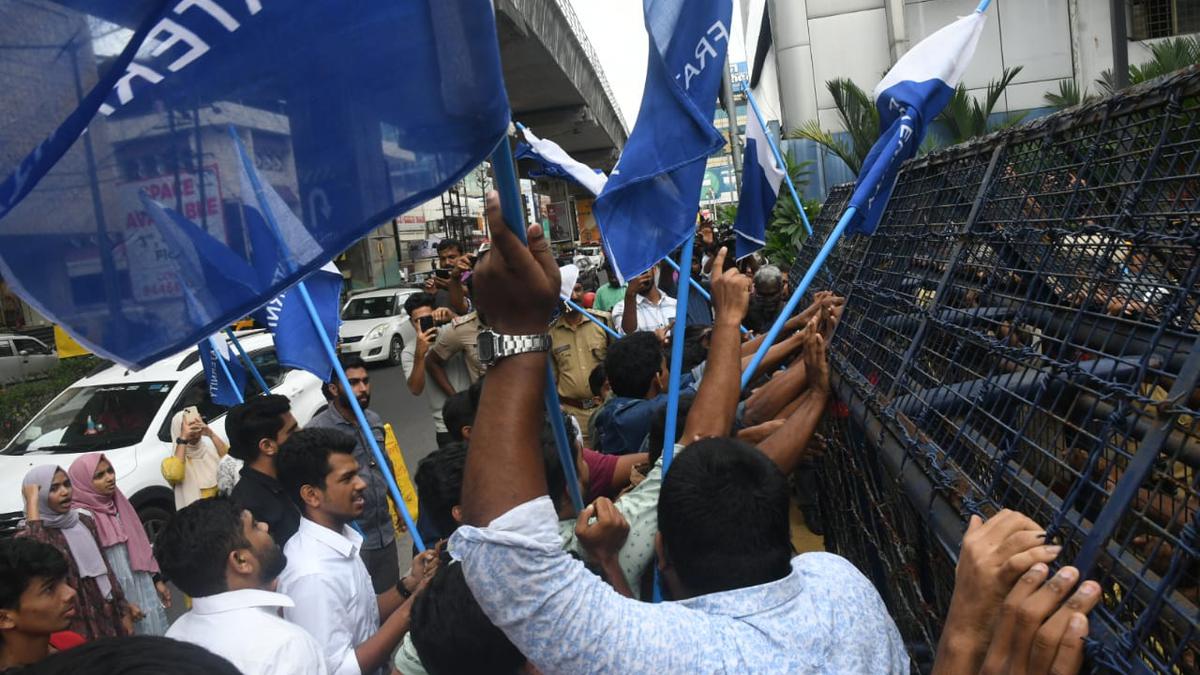
Protests against the screening of ‘The Kerala Story’ in Kochi
The Hindu
Kerala Guv Arif Mohammed Khan speaks amid The Kerala Story row, says ‘If there
Live Mint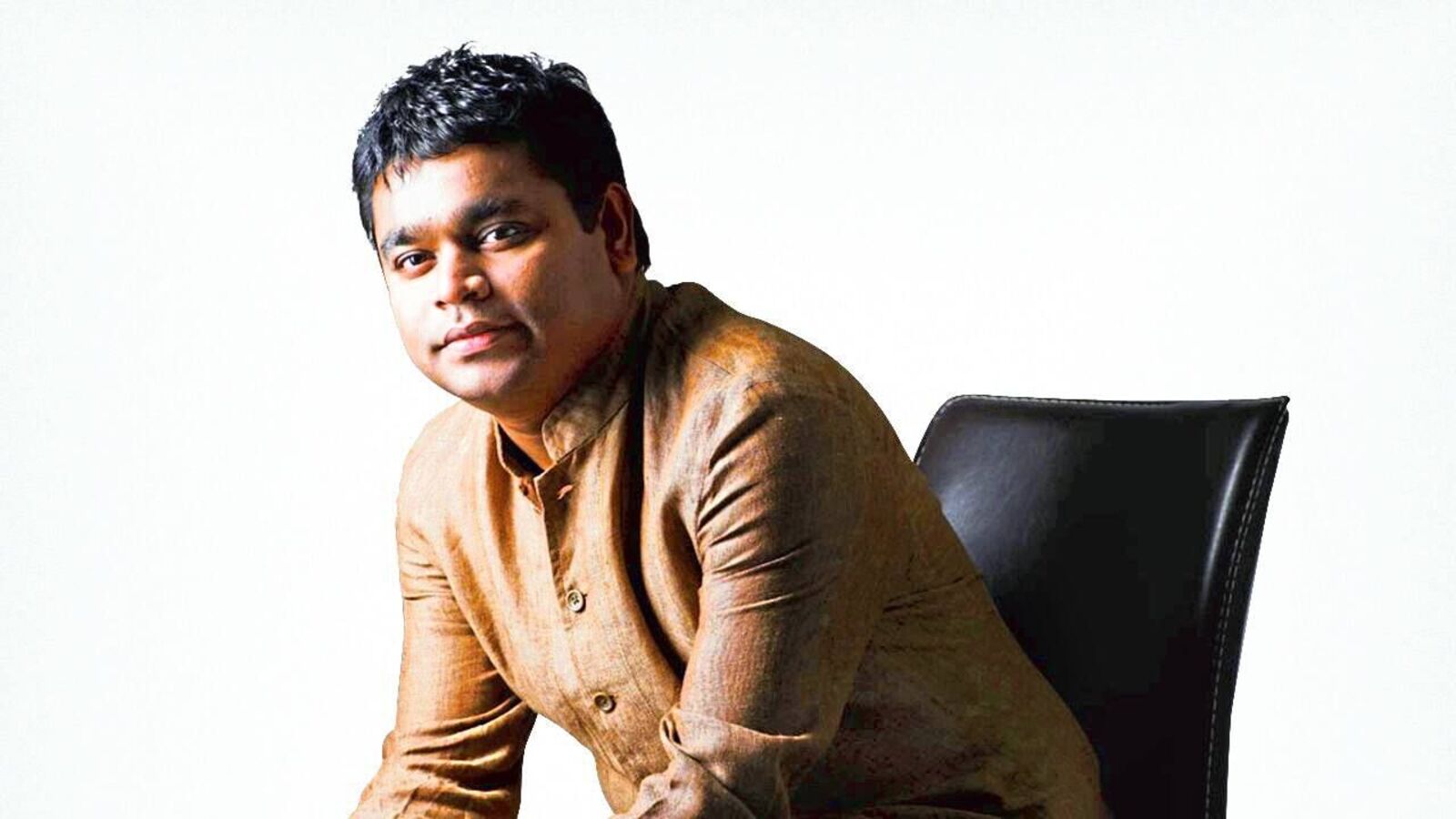
The Kerala Story row: AR Rahman shares video of Hindu wedding inside mosque
Live Mint)
The Kerala Story movie review: A marveling story ends up with a middling, manipulative treatment
Firstpost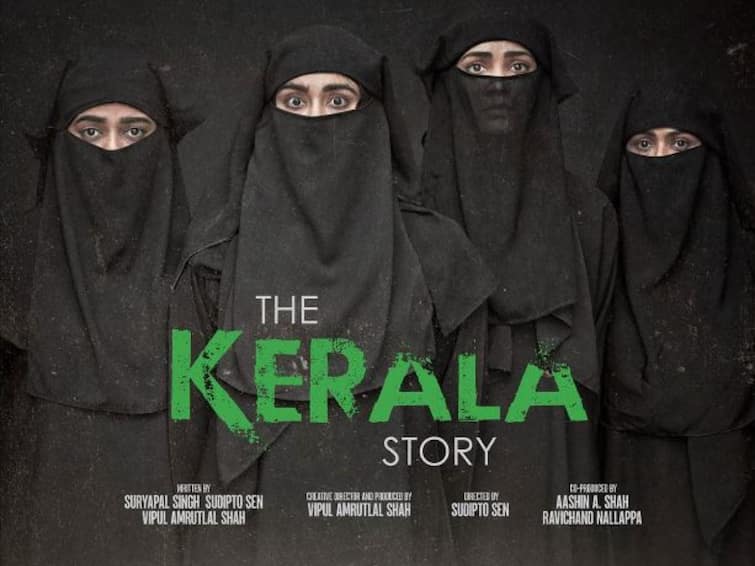
The Kerala Story Review: Adah Sharma Film Not For The Faint-Hearted
ABP News
Kerala Story: Film on alleged Indian ISIL recruits gets pushback
Al Jazeera
Spreads venom & demonises an entire community’: Kapil Sibal on ‘The Kerala Story’
Hindustan Times)
How Adah Sharma's The Kerala Story can be a huge surprise at the box office?
Firstpost)
The Kerala Story: Brutal reality of love jihad, weaknesses of Hindu society hit hard enough to trigger a rude awakening
Firstpost)
Why Congress leader Shashi Tharoor slammed The Kerala Story: ‘Not our Kerala story’| Explained
Firstpost
The Kerala Story: Tharoor joins row opposing ’32,000 women joined ISIS’ claim
Live Mint
CM Pinarayi Vijayan calls ‘The Kerala Story’ Sangh propaganda: ‘In trailer, we see…’
Hindustan Times
The Kerala Story: Don’t give screening permission, says Congress
Hindustan Times
‘The Kerala Story’: Calls to halt release of controversial Bollywood movie about conversions to Islam
The Independent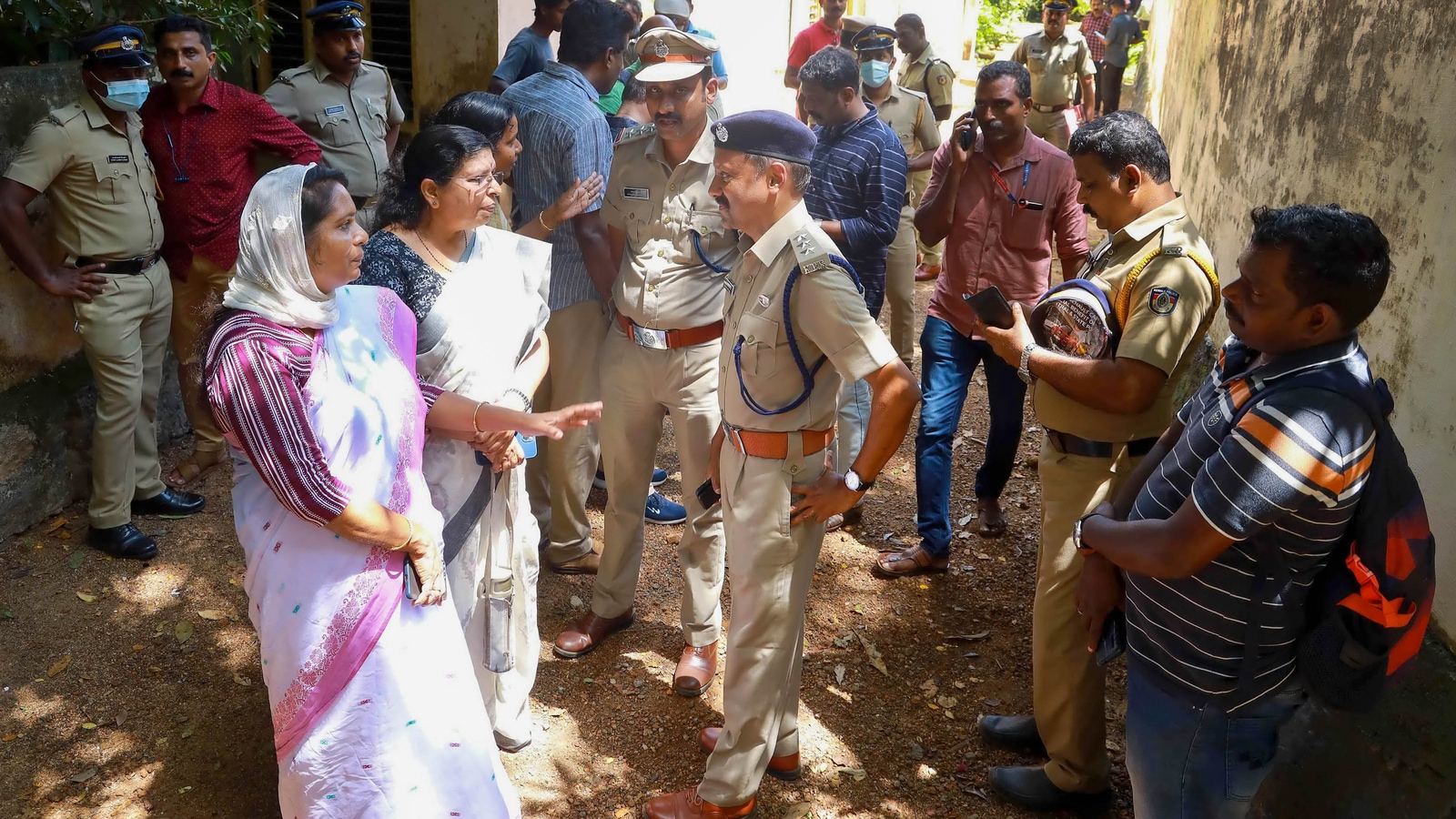
On Kerala human sacrifice incident, BJP says, '... secular silence'
Hindustan Times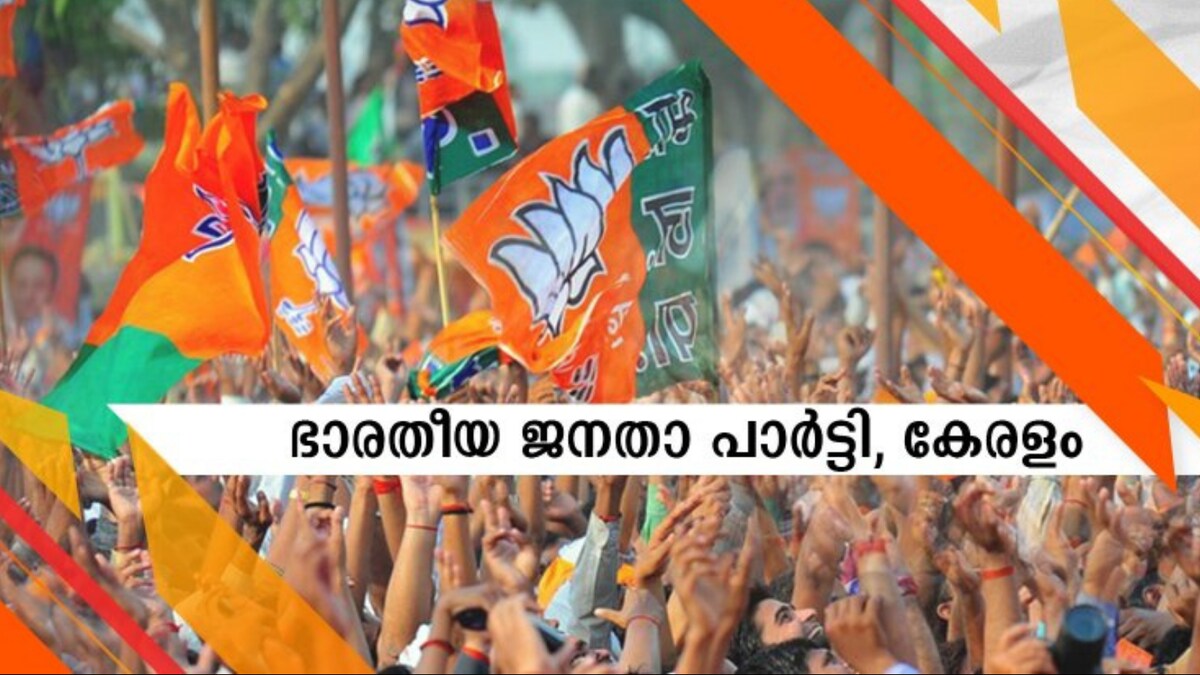
In Bid to Conquer Kerala, Party Taps Into Christian Community's Concerns - News18
News 18)
The Kerala story: Illegal conversions, fear and melancholy of God's Own Country
Firstpost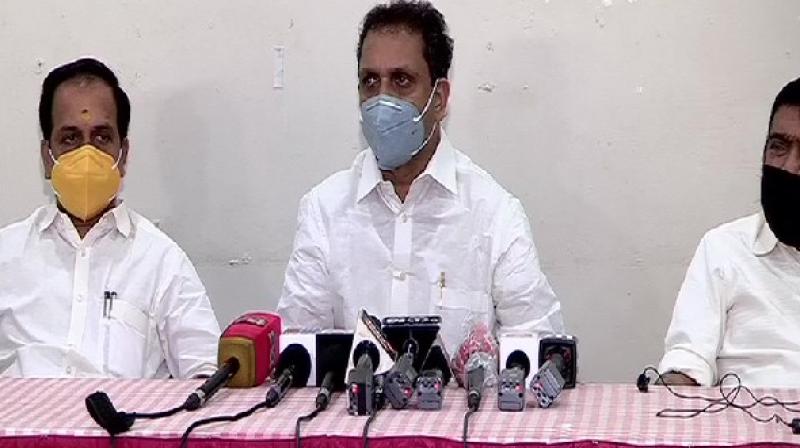
Concerns on 'love and narcotic jihad' should be discussed: Kerala BJP Chief
Deccan ChronicleDiscover Related


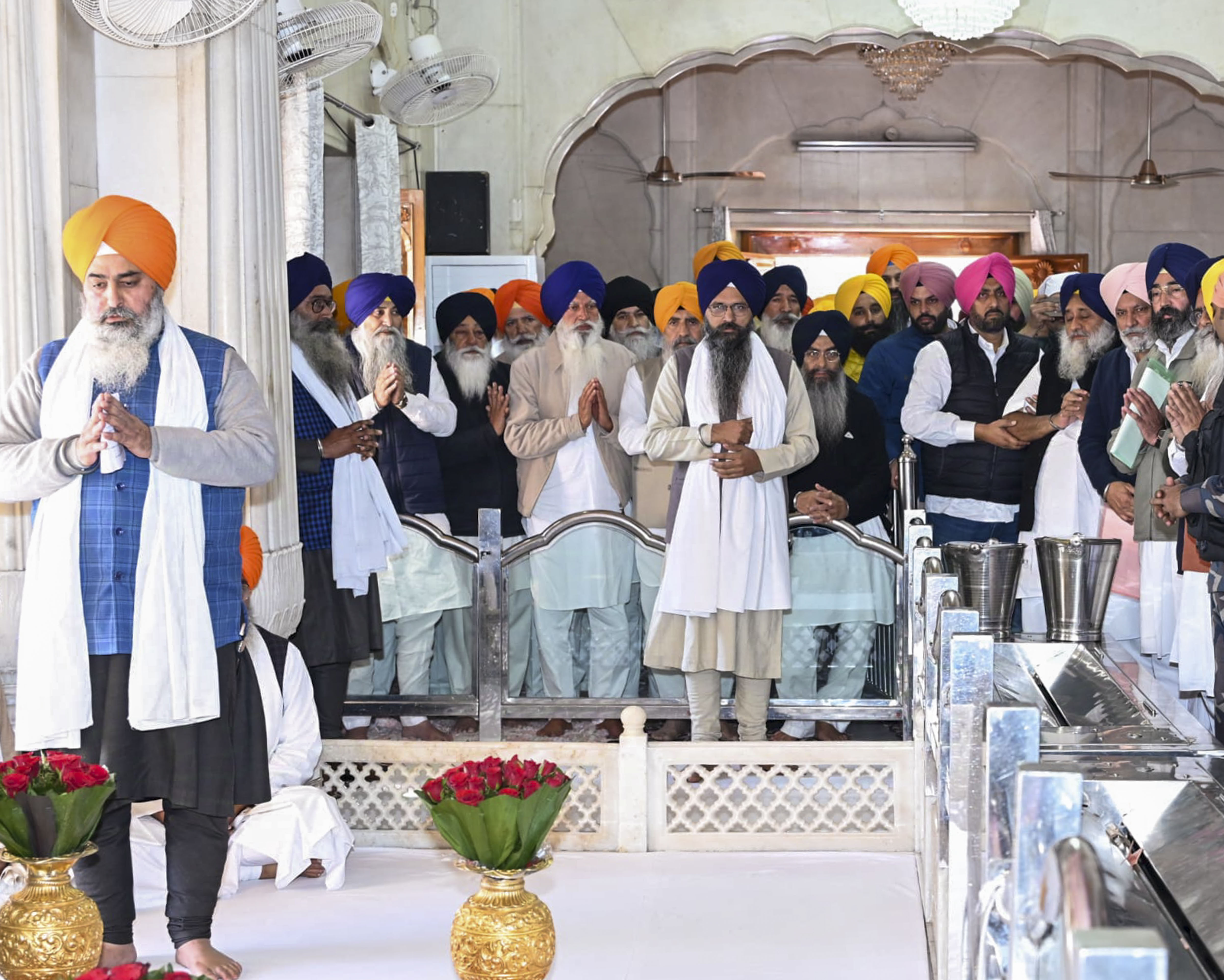

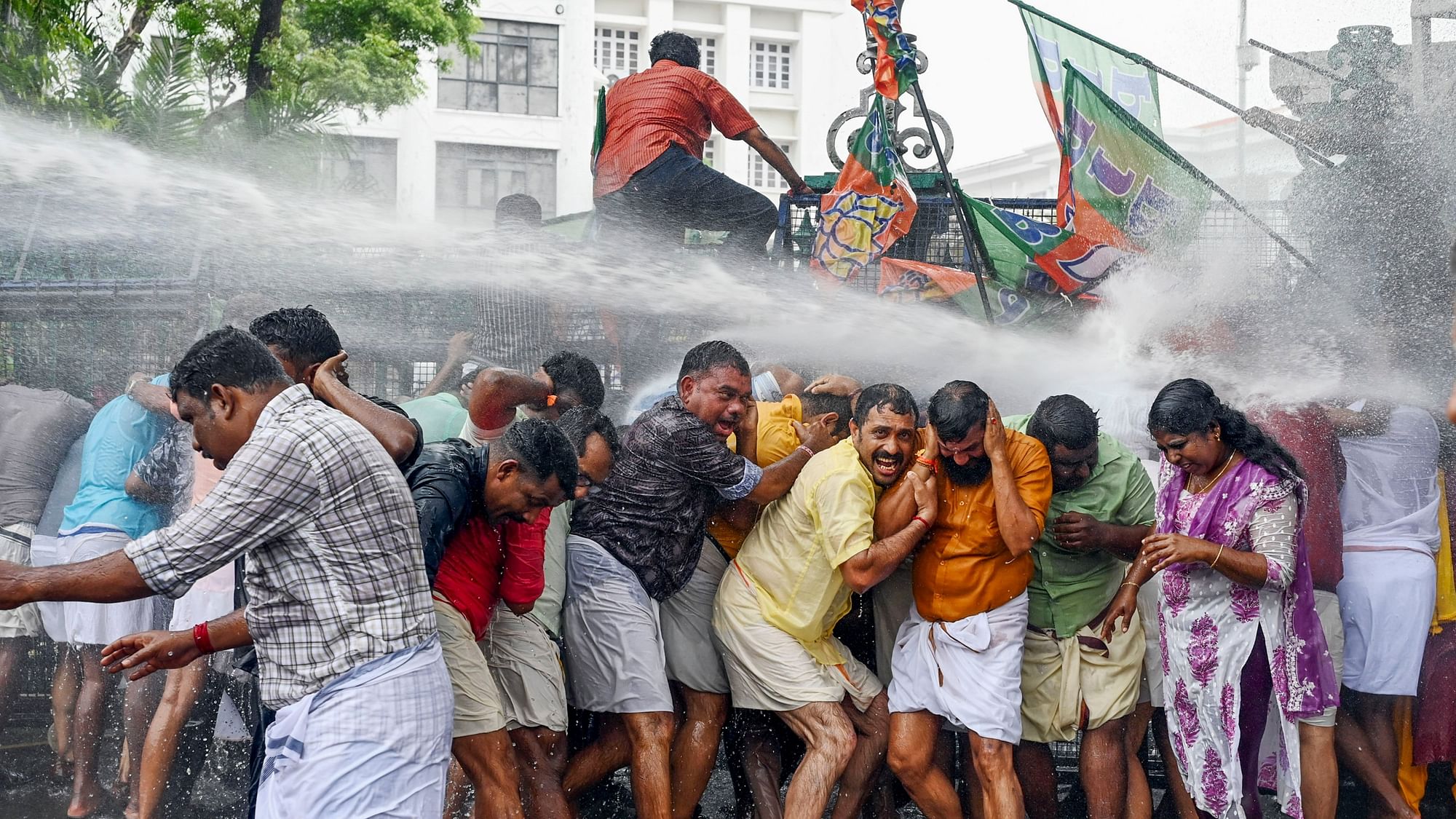

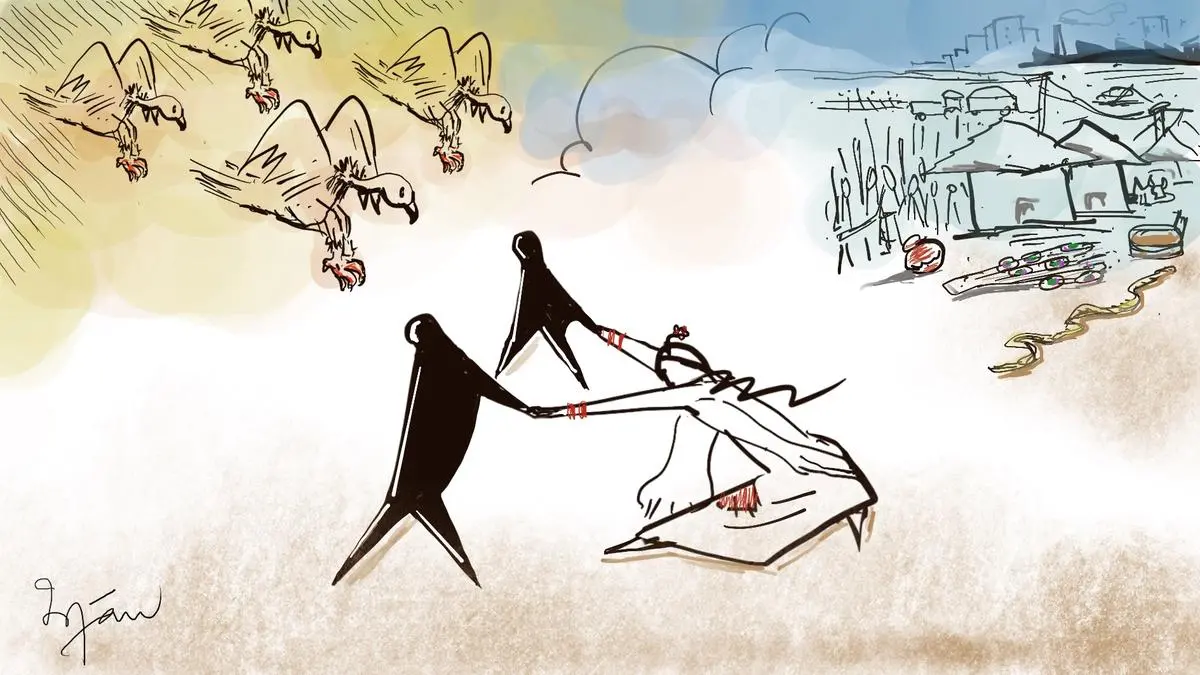
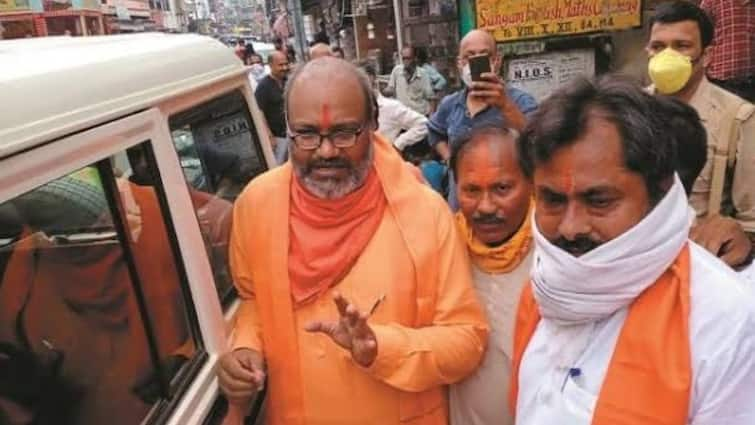

)

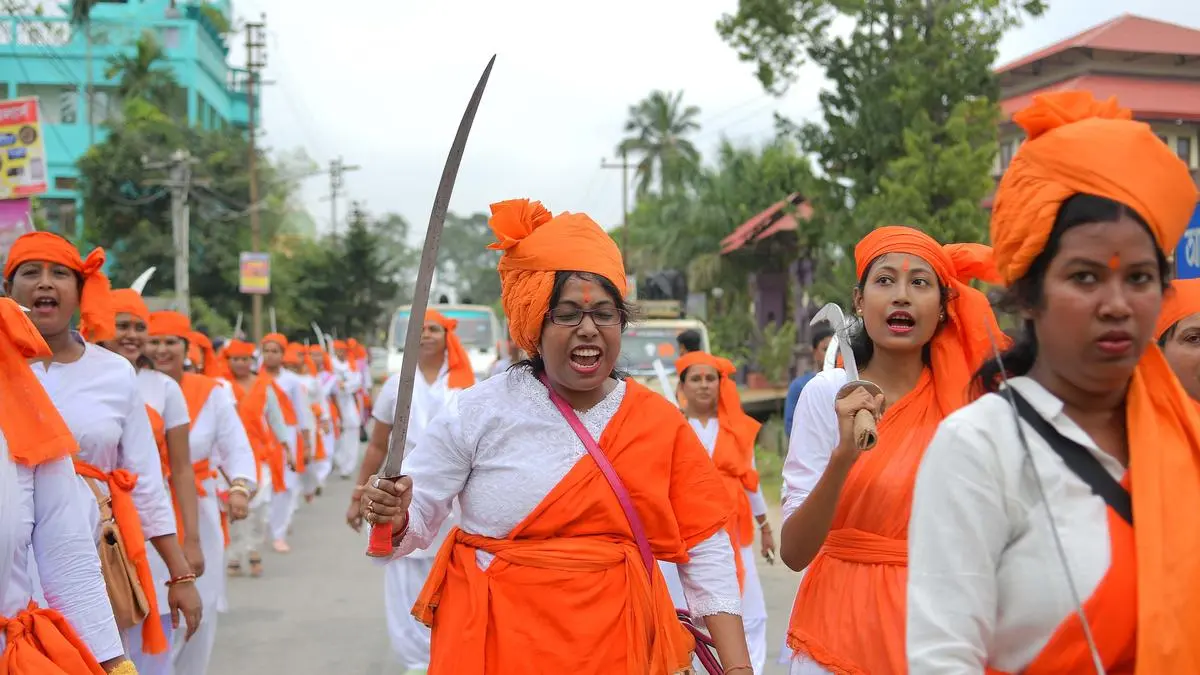

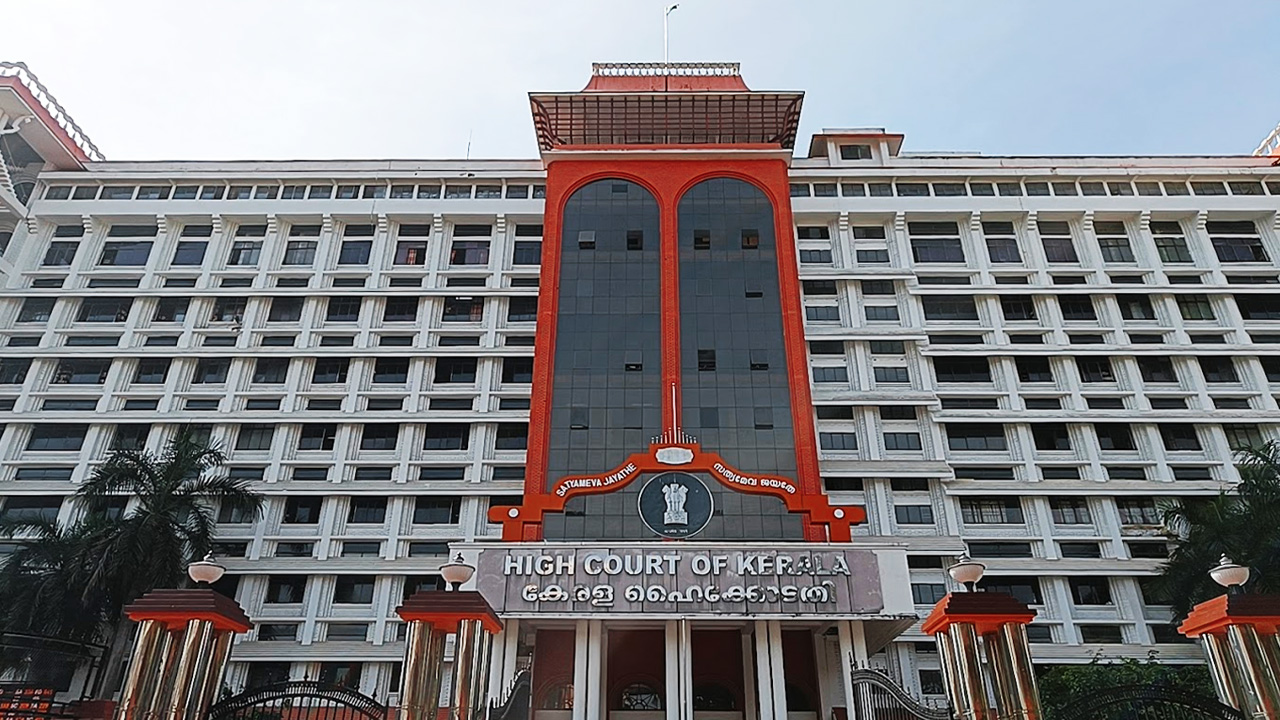
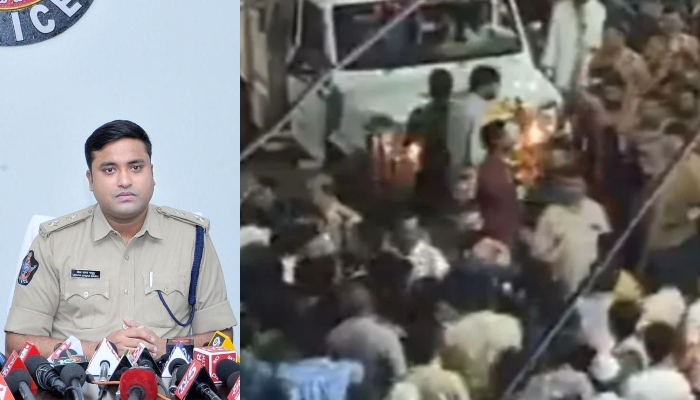
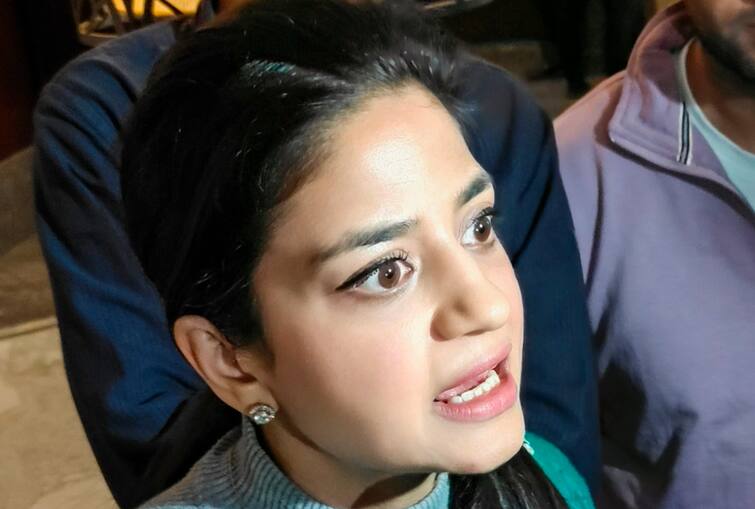
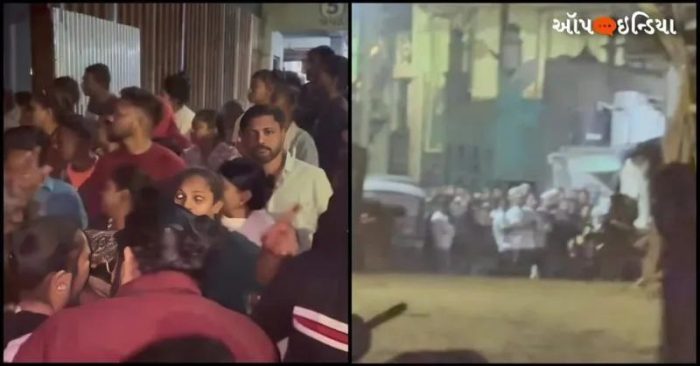
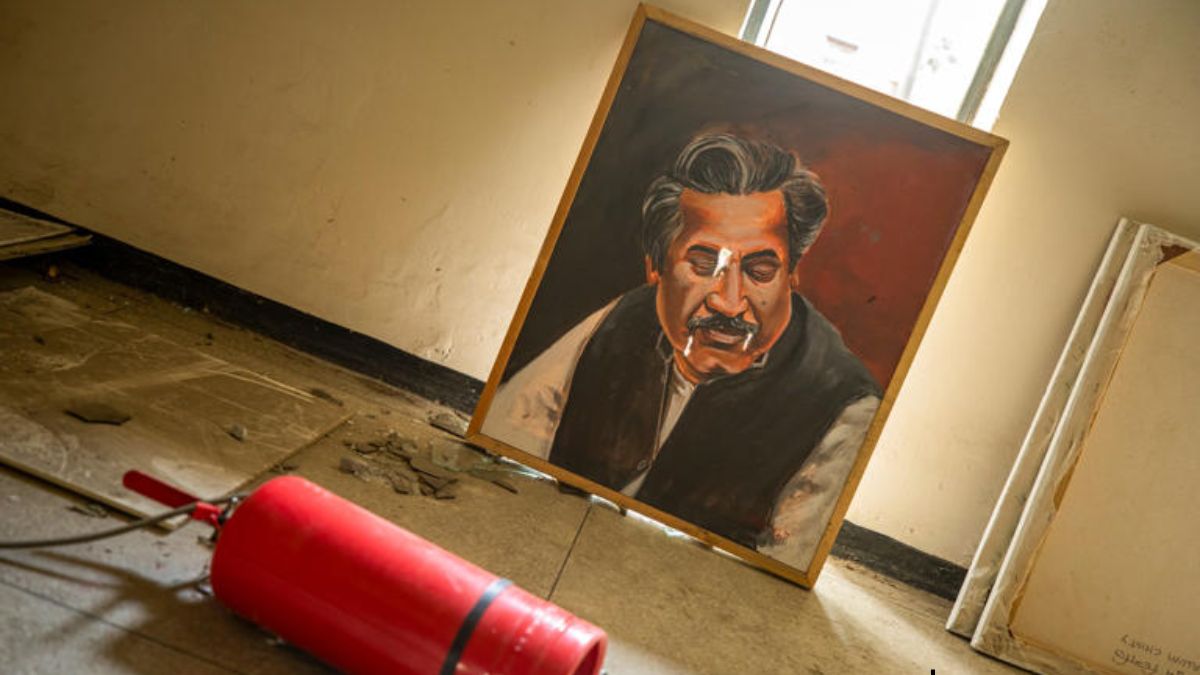)


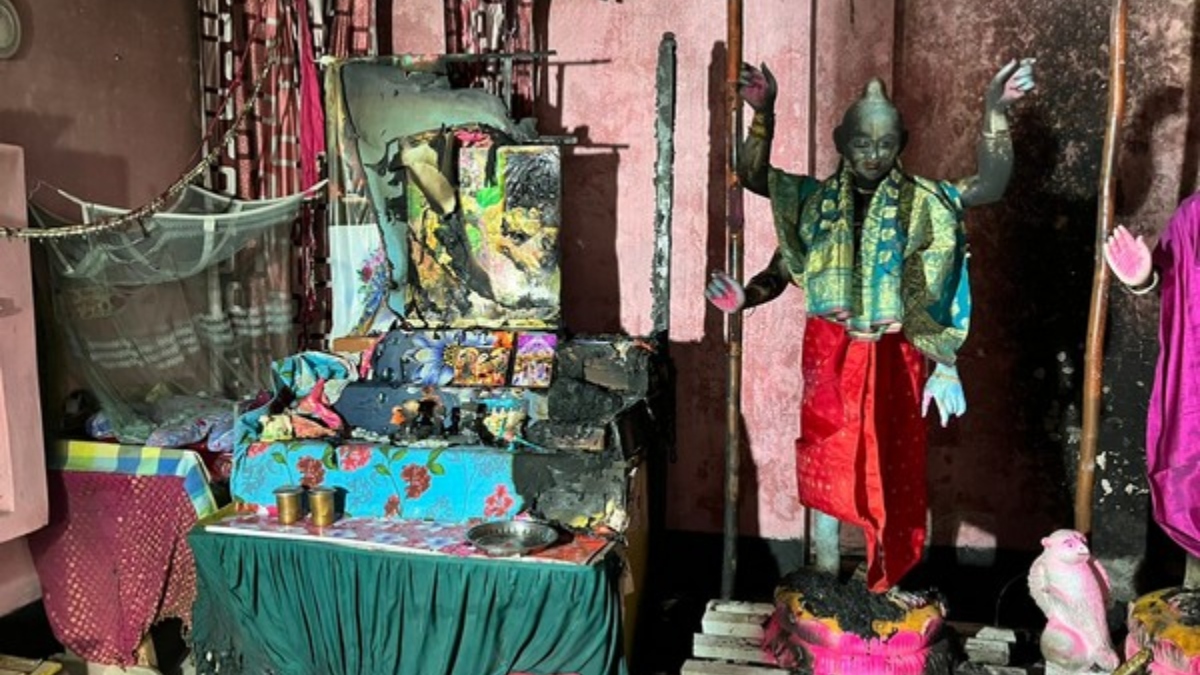
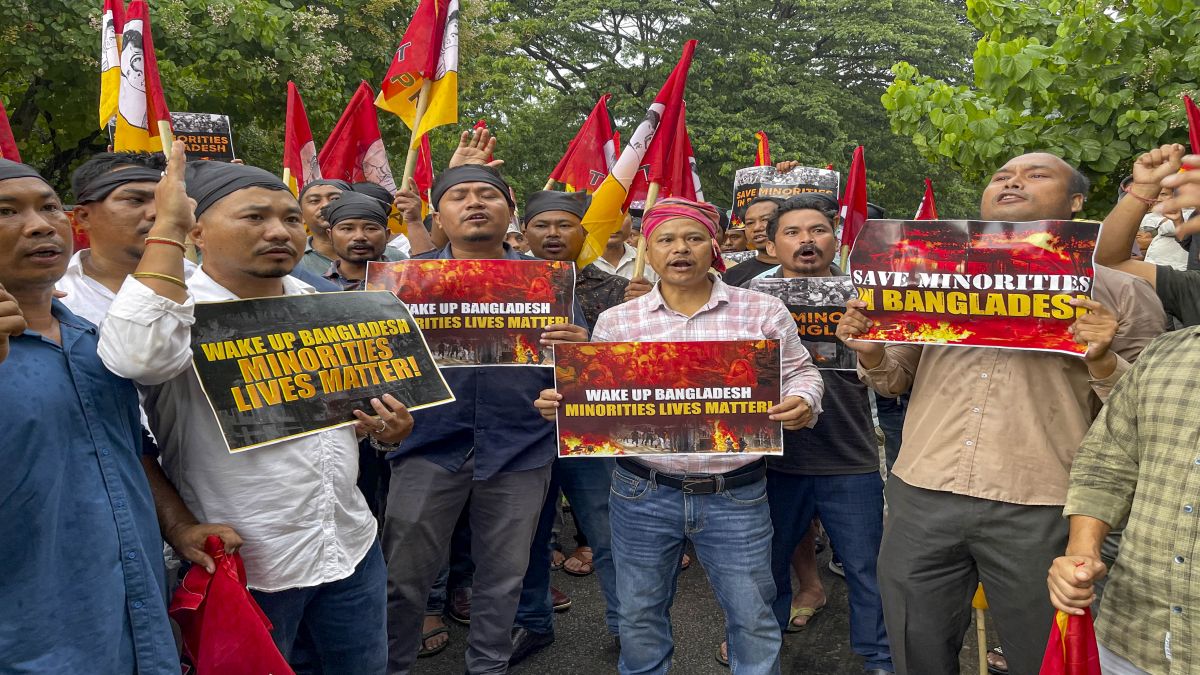)

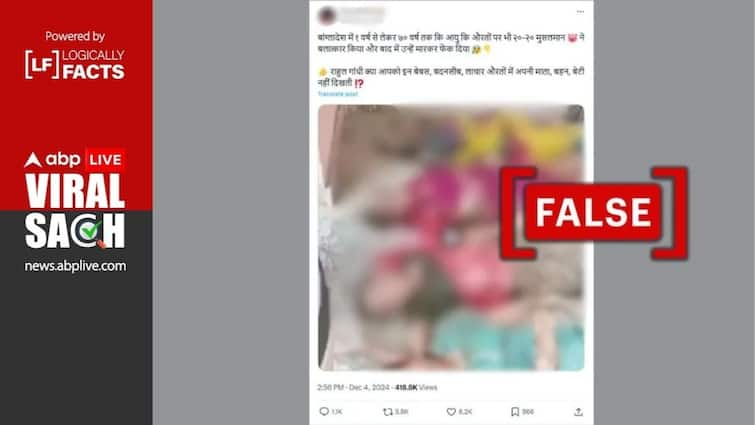
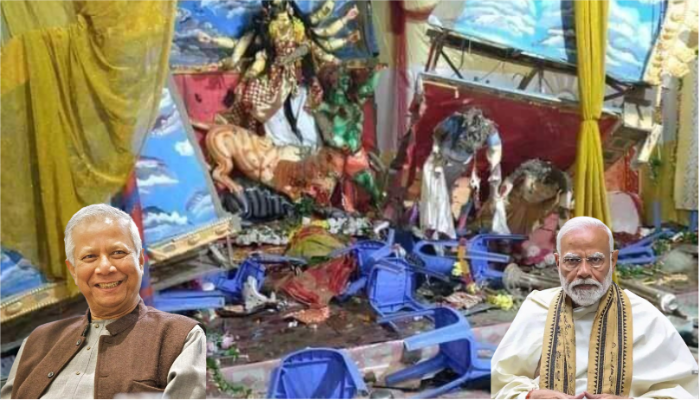


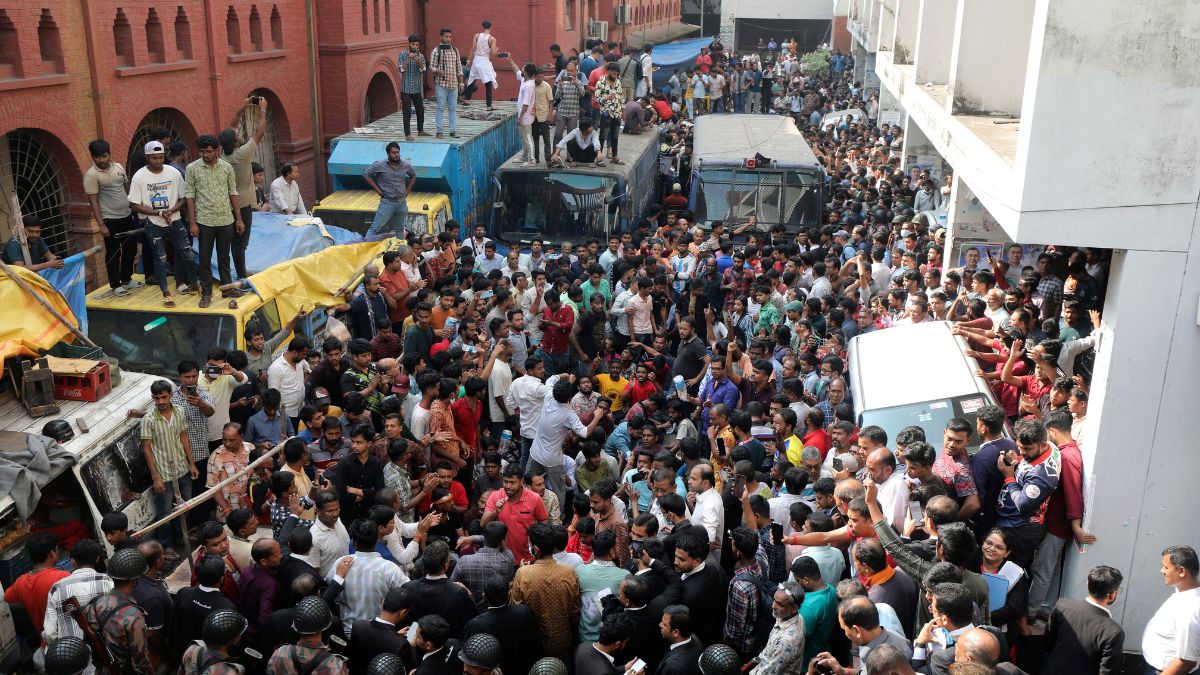)


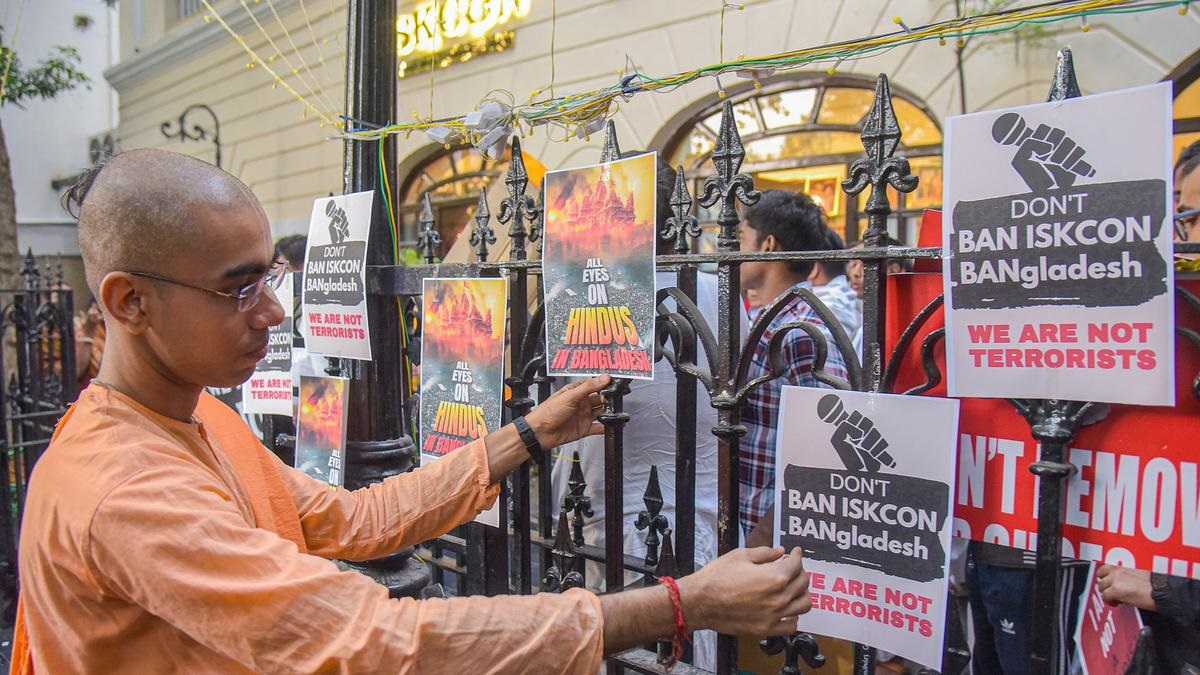
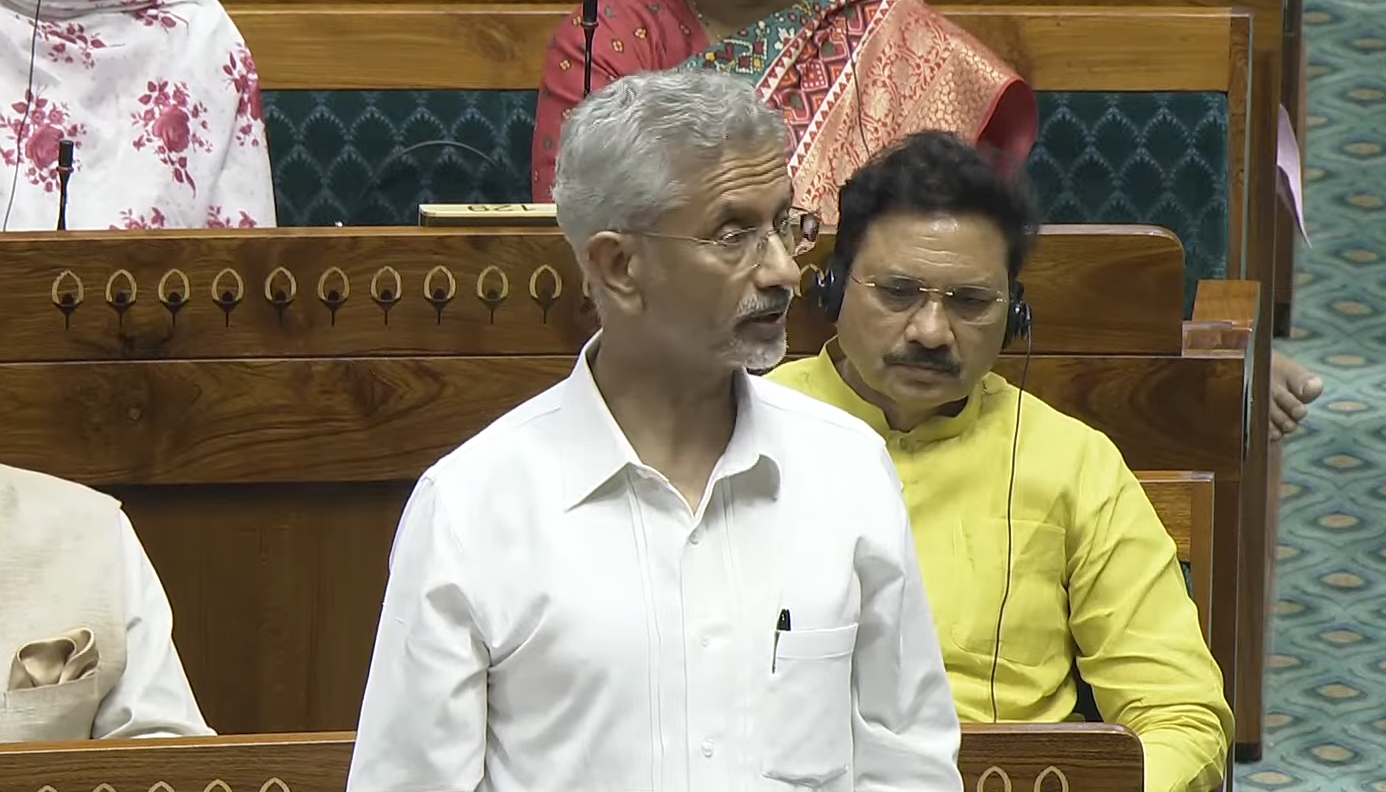

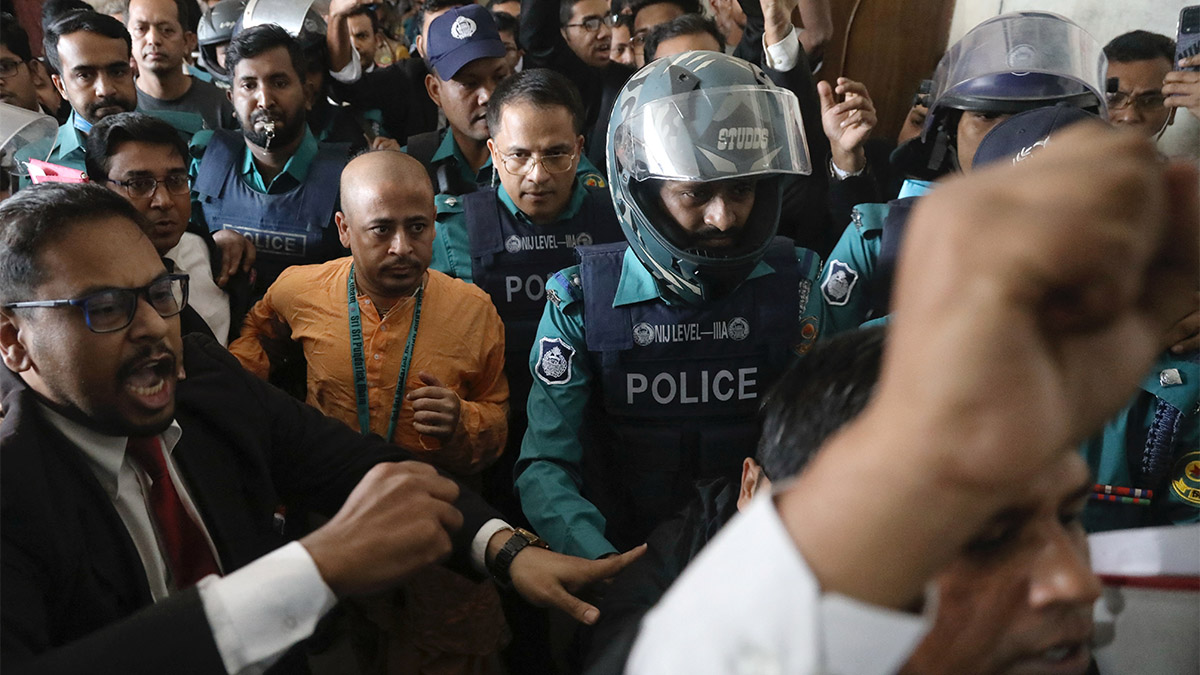)
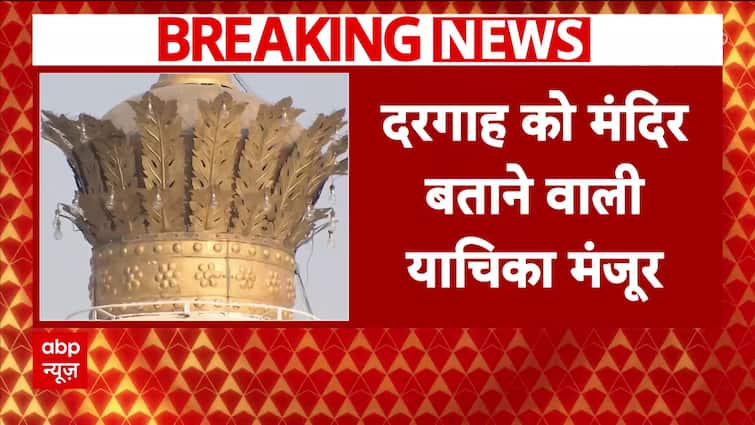
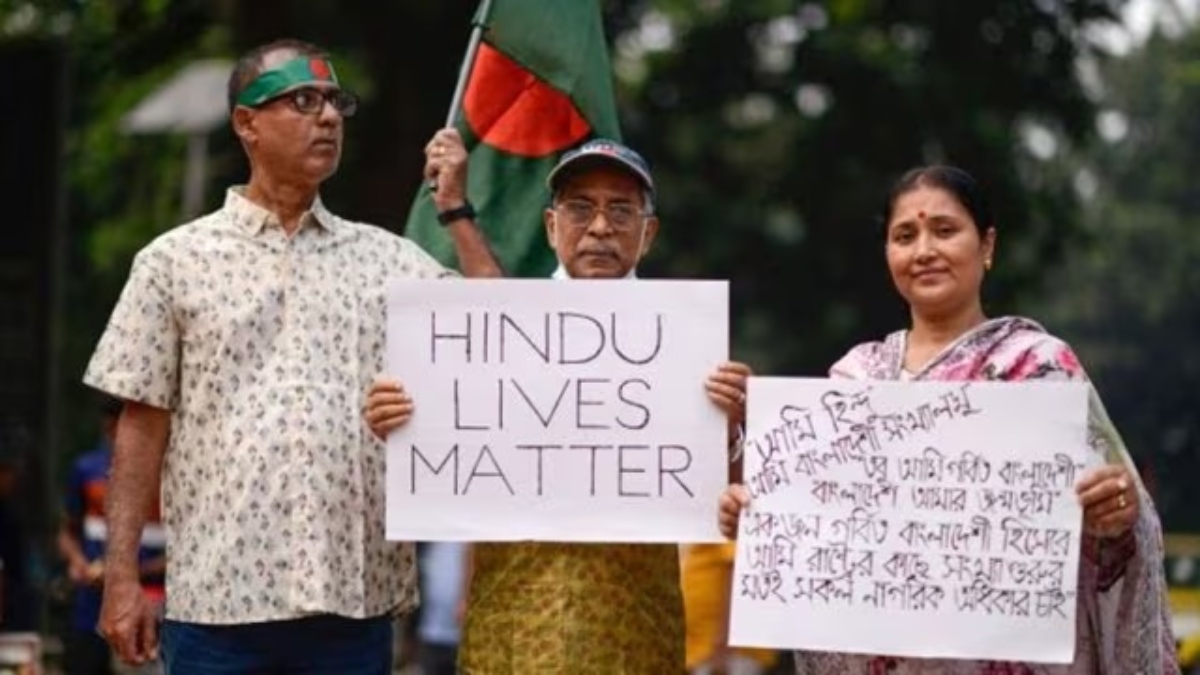
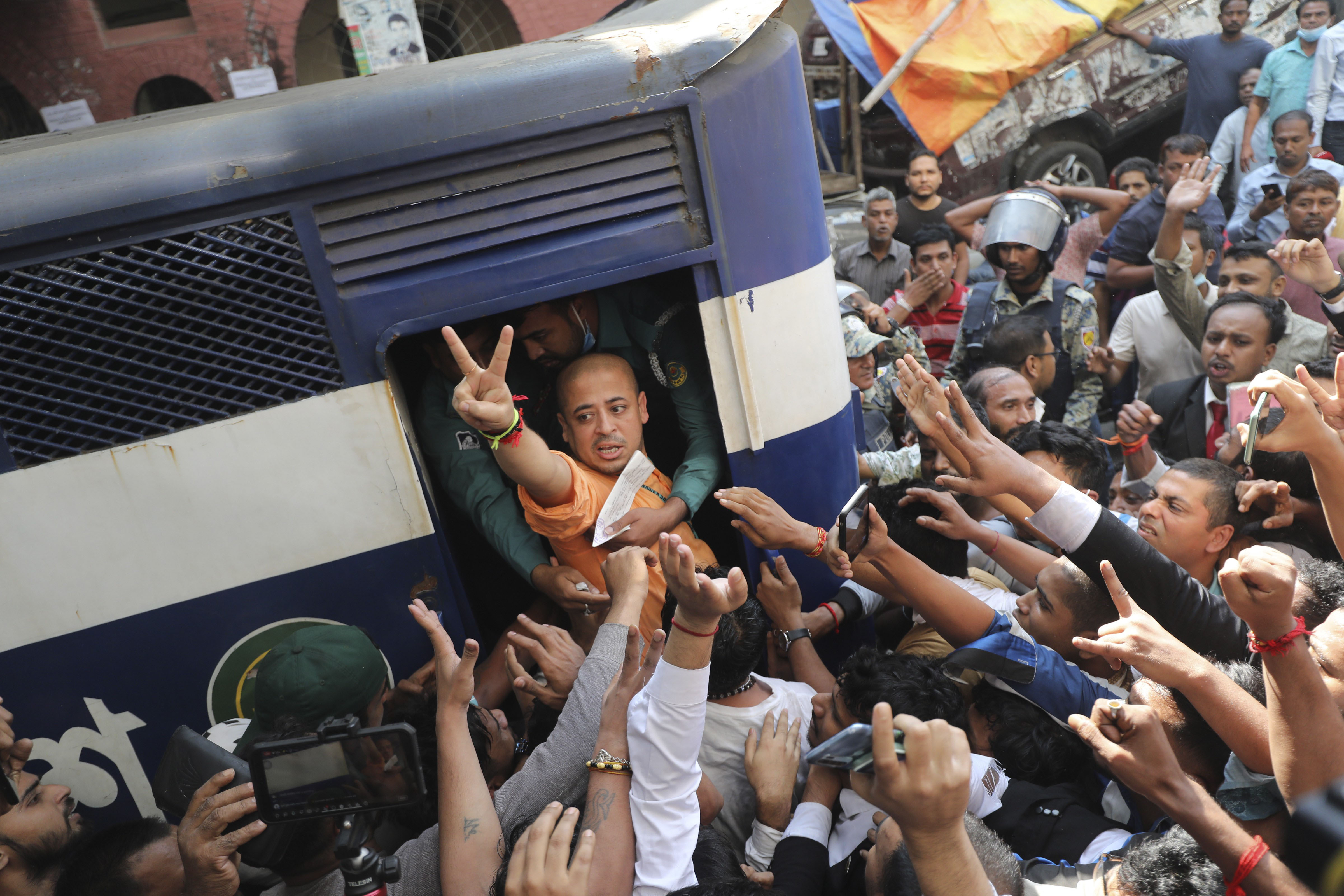
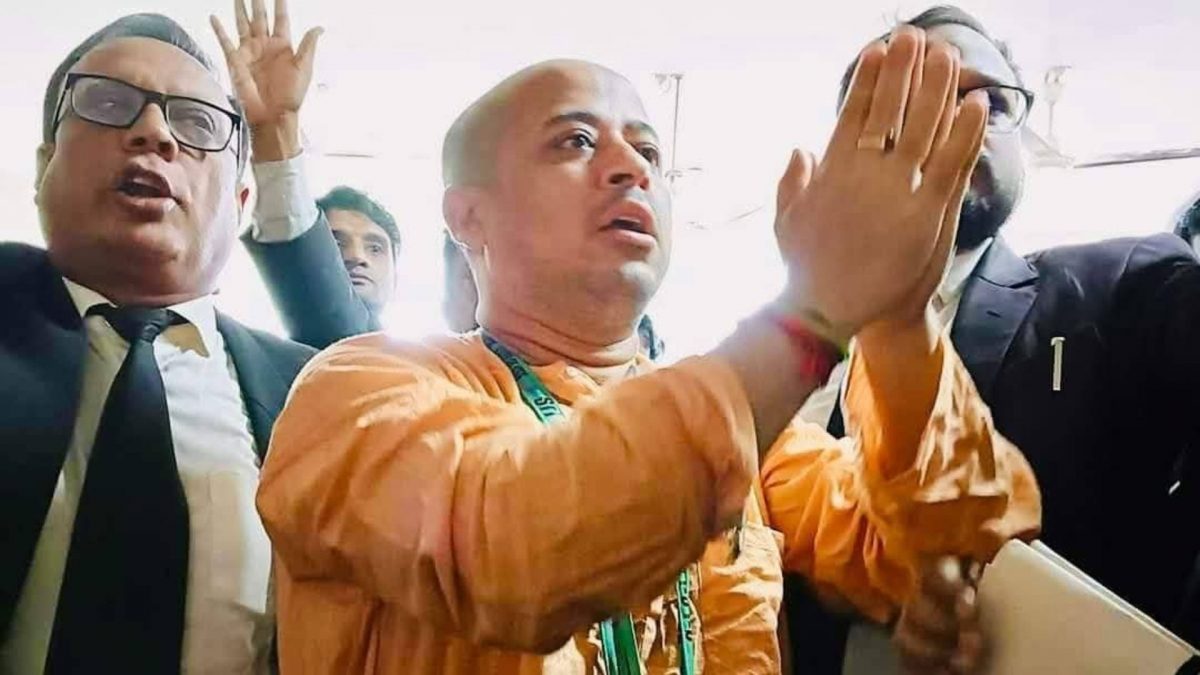)
